Road Freight Summit helps SMEs reach next level
Road Freight Summit helps SMEs reach next level
The first-ever Road Freight SME Summit took place at the Maslow Hotel in Sandton last month. Its primary focus was to provide an enabling platform for small and medium-sized enterprises (SMEs) to scale up and take their businesses to the next level. SUZY BERNSTEIN, who wrote and took the photographs for this report, says the summit achieved its goal.
The summit’s primary focus was to provide a platform for SMEs to scale up and take business to the next level, with an emphasis on sharing tools and insights needed to enhance businesses and foster sustainable growth. With over 100,000 road freight businesses in South Africa, 90% of these are SMEs, which means they are job creators and significant contributors to the national economy.
Targeting small fleet owners with five to 100 trucks on the road, topics covered included critical success factors for road freight SMEs; safety and compliance; the transportation of mining commodities; industry trends on effective and efficient fleet management; the complexities of securing funding for trucking SMEs in South Africa; and various steps to grow a business.
A number of hard-hitting questions and insights were shared during the intensive and successful debut summit. During the panel discussion entitled “Critical Success Factors for SMEs in the Road Freight Industry Across Africa”, Gavin Kelly, CEO of the Road Freight Association (RFA) explained that the organisation’s primary focus is to negotiate and engage with the various authorities that affect road freight transport. The RFA offers a number of benefits to SMEs including technical and legal advice, as well as offering training and support.

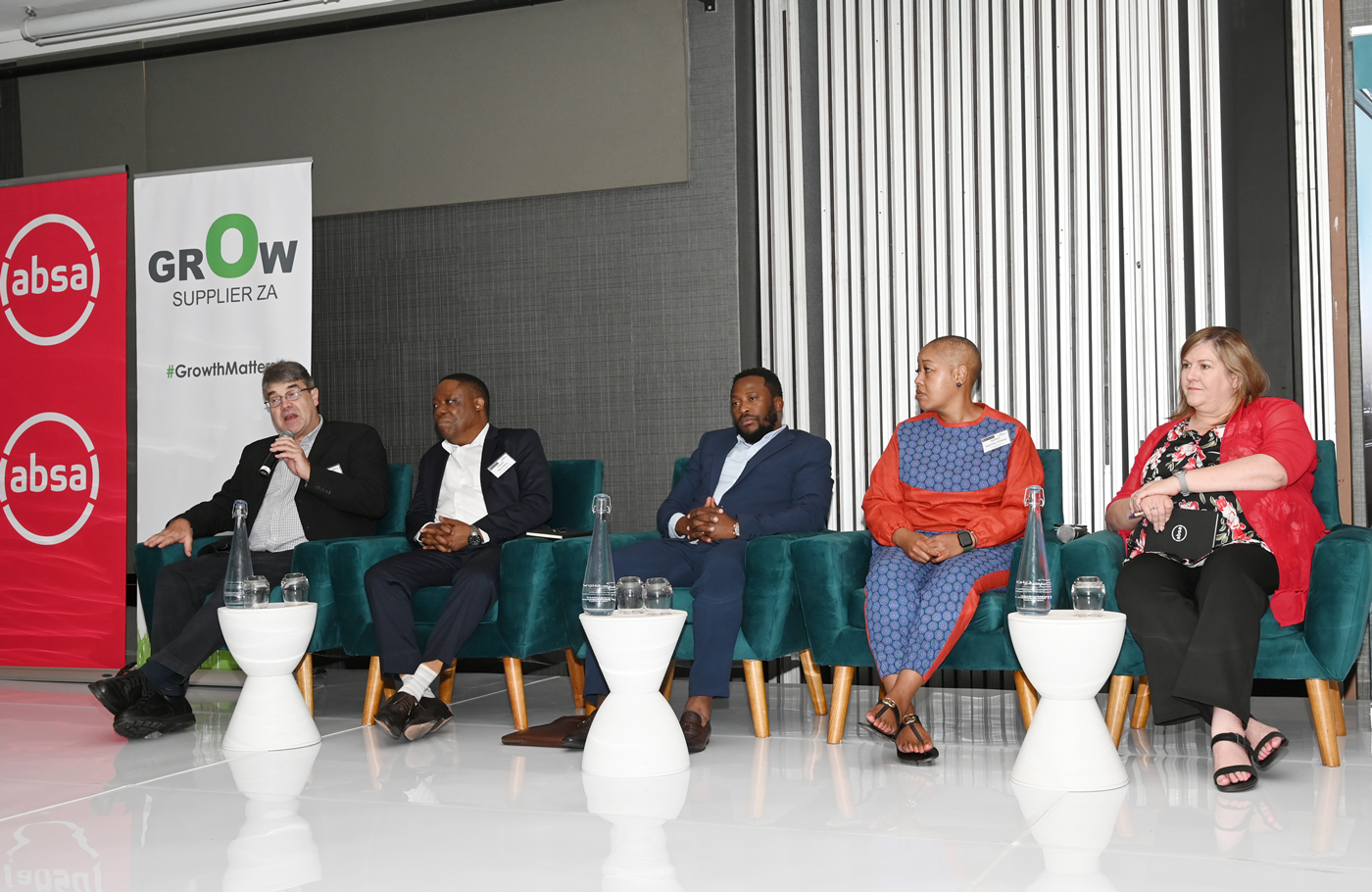
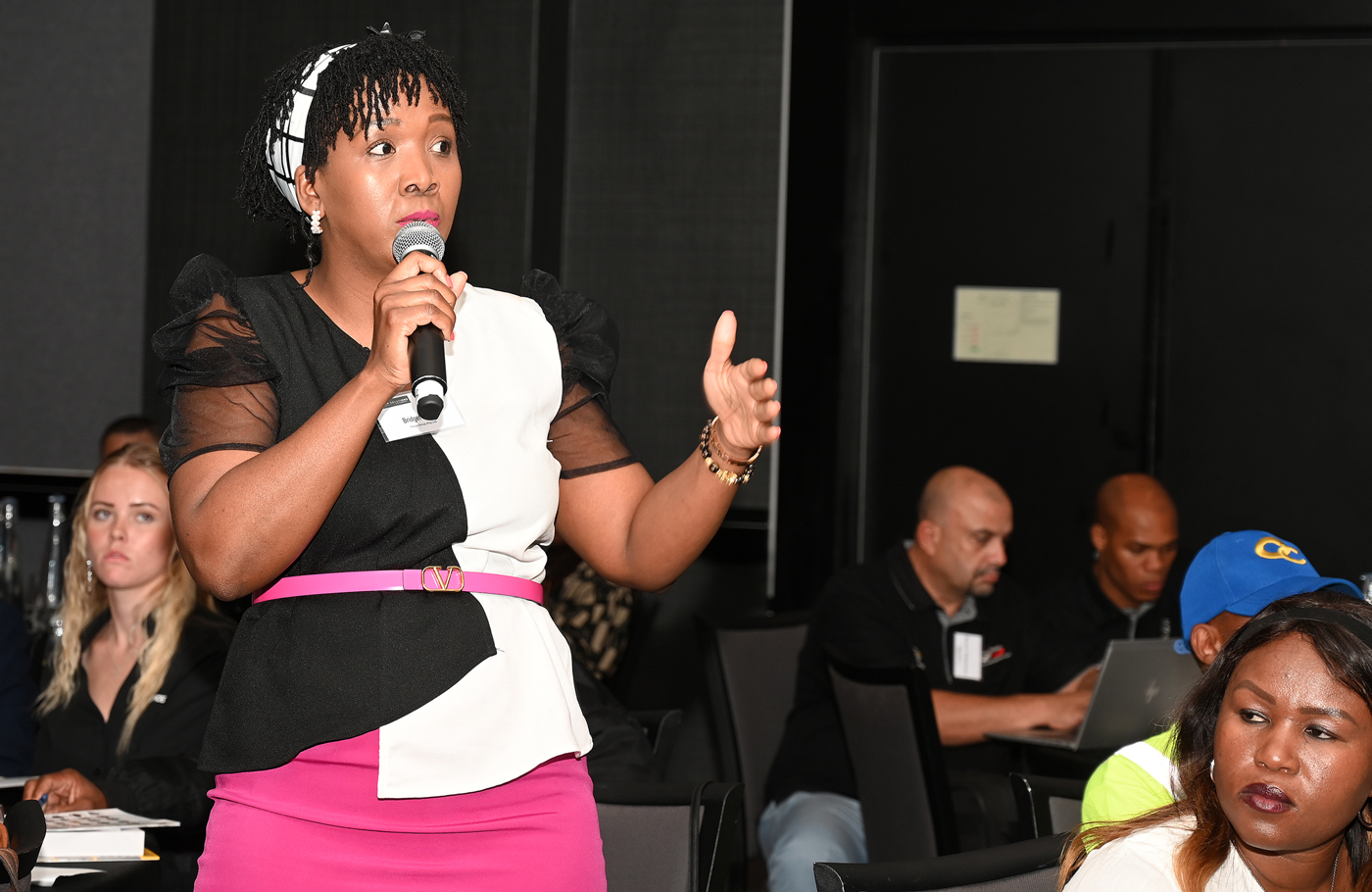
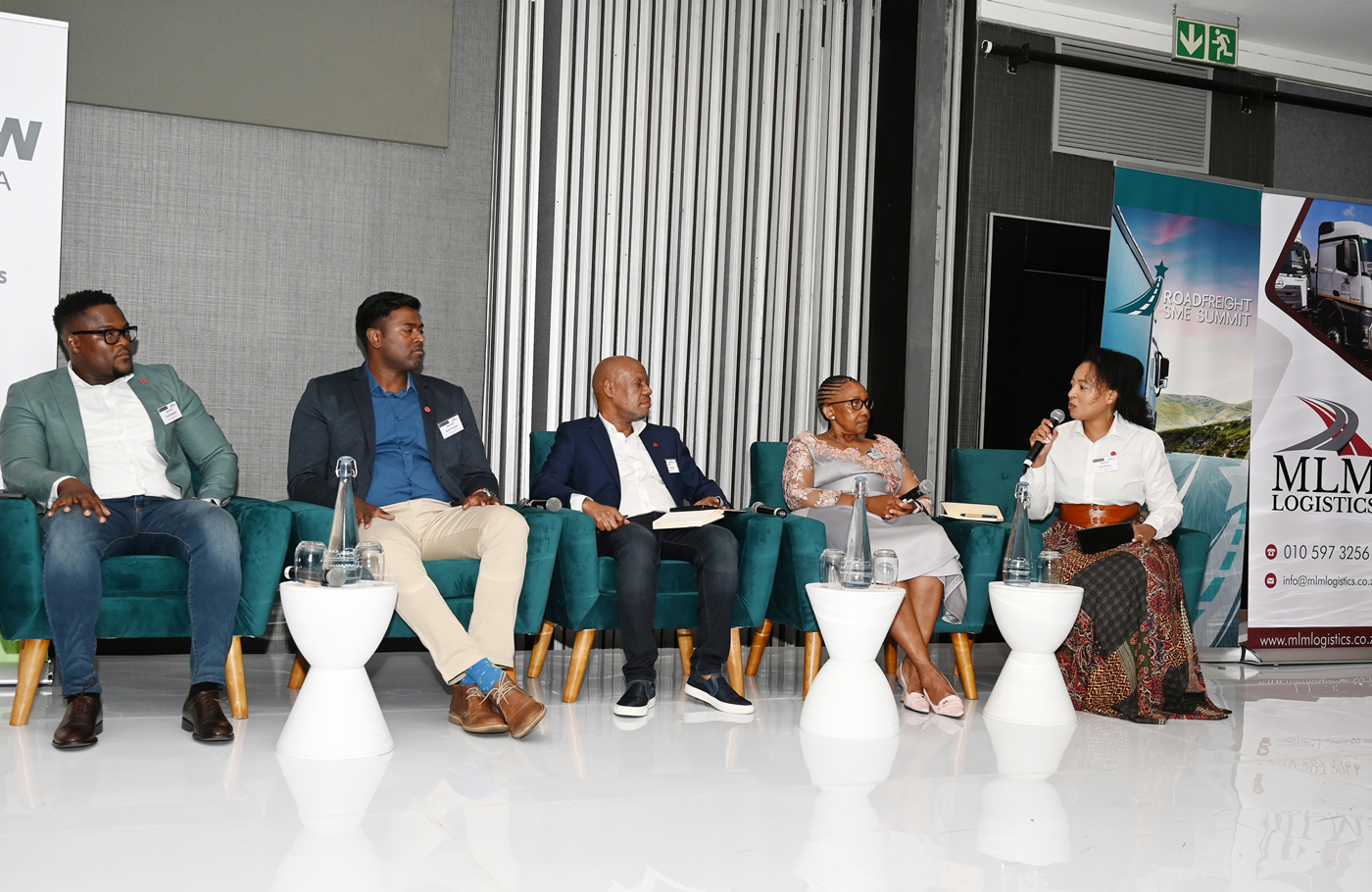

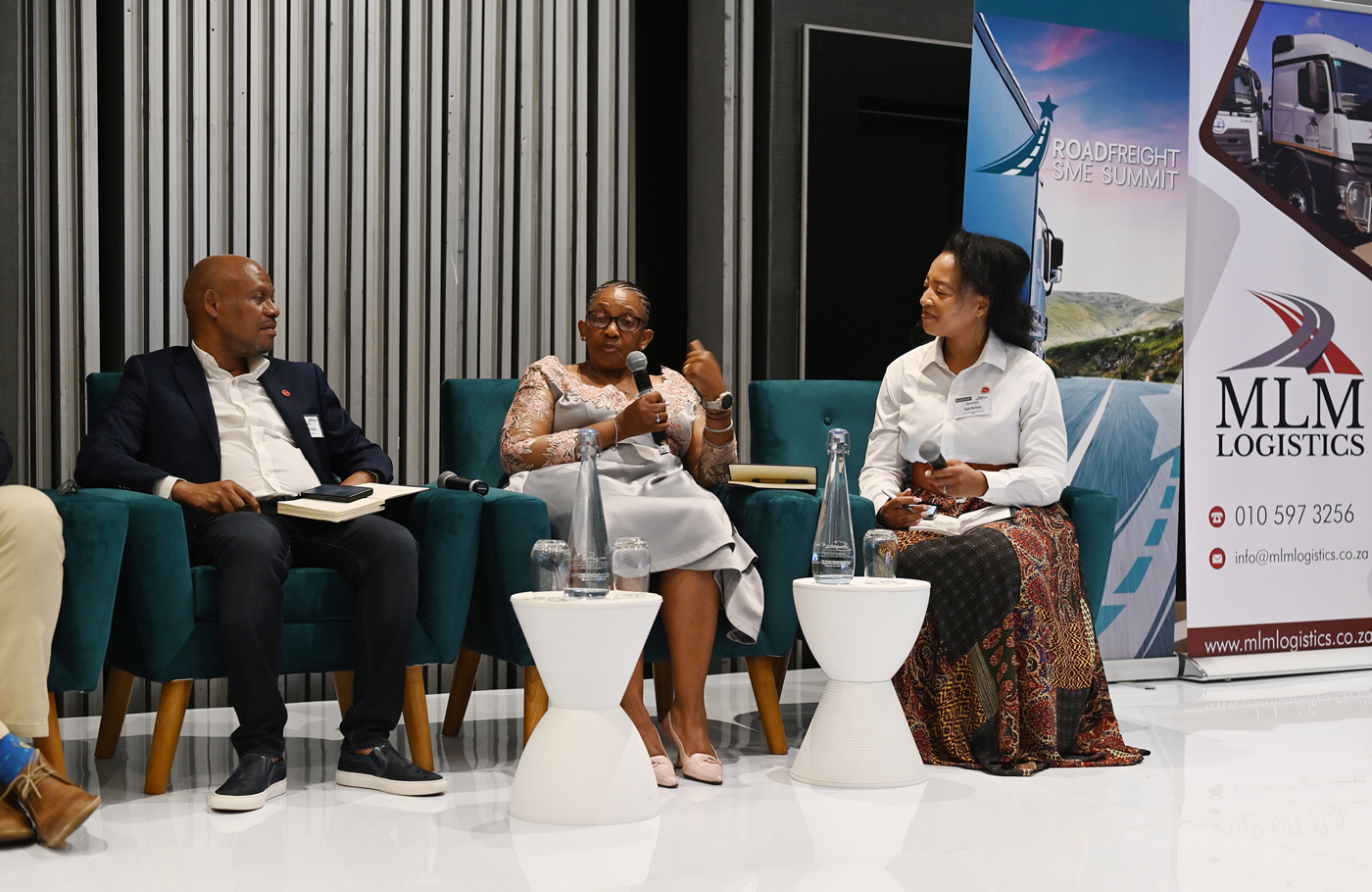
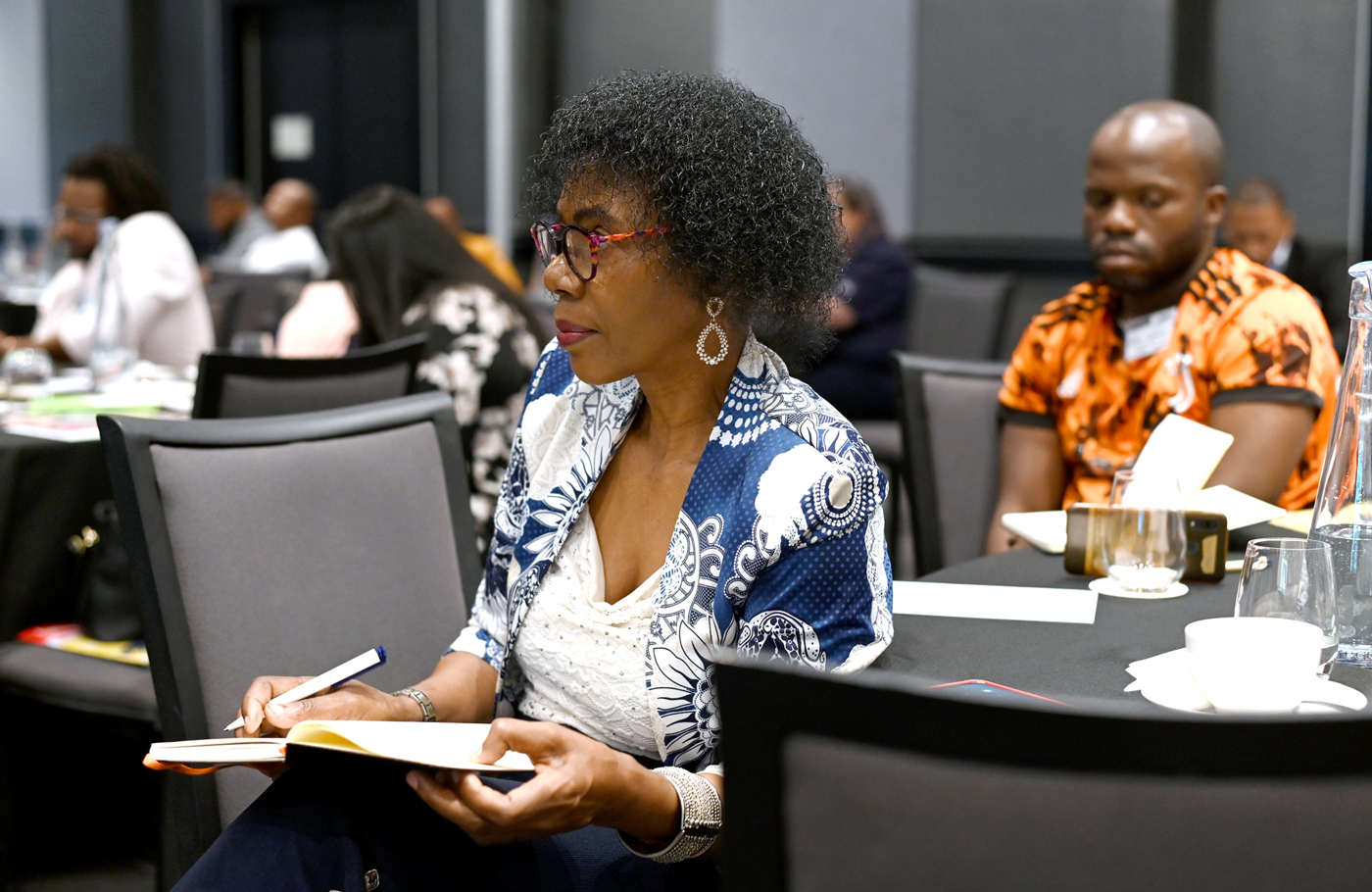
Kelly also tackled the thorny issue of employing foreigners. “There aren’t foreign drivers in the industry because of a lack of skills. The truth is – and we need to face the truth – that operators can pay illegal undocumented foreign drivers R3,000 a month when they should be paying them R15,000.”
Dr Ongama Mtimka, a senior researcher, political analyst, lecturer, and non-profit organisation executive based at Nelson Mandela University in Gqeberha, emphasised the need to convene, connect, and catalyse. “We need to be a lot more intentional, because in my view it’s only when we are connected and there’s deep social relationships that we can be able to be good business partners that deal with the inefficiencies,” he noted.
Mtimka said that one of the key success factors for SMEs is collaboration that enables the flow of information. He reiterated the importance of working with people who, while they may be strangers, can prove valuable.
JC Auditors’ managing director Oliver Naidoo said that a primary focus of the Summit was raising awareness of safe systems as a key building block for SME road freight businesses. “If we are to address South Africa’s poor road safety record, there is a need for impactful initiatives to promote safe and compliant fleets on our roads,” he noted.
Kgomotso Selokane, chairperson of the Transport Sector Broad-Based Black Economic Empowerment (B-BBEE) Charter Council,emphasised that transformation for BEE is no longer “a black thing”, stressing: “It’s an all of us situation. All of us must transform this economy.” Furthermore, Selokane underlined the importance of focusing on value chain integration in terms of ownership, transformation, and BEE.
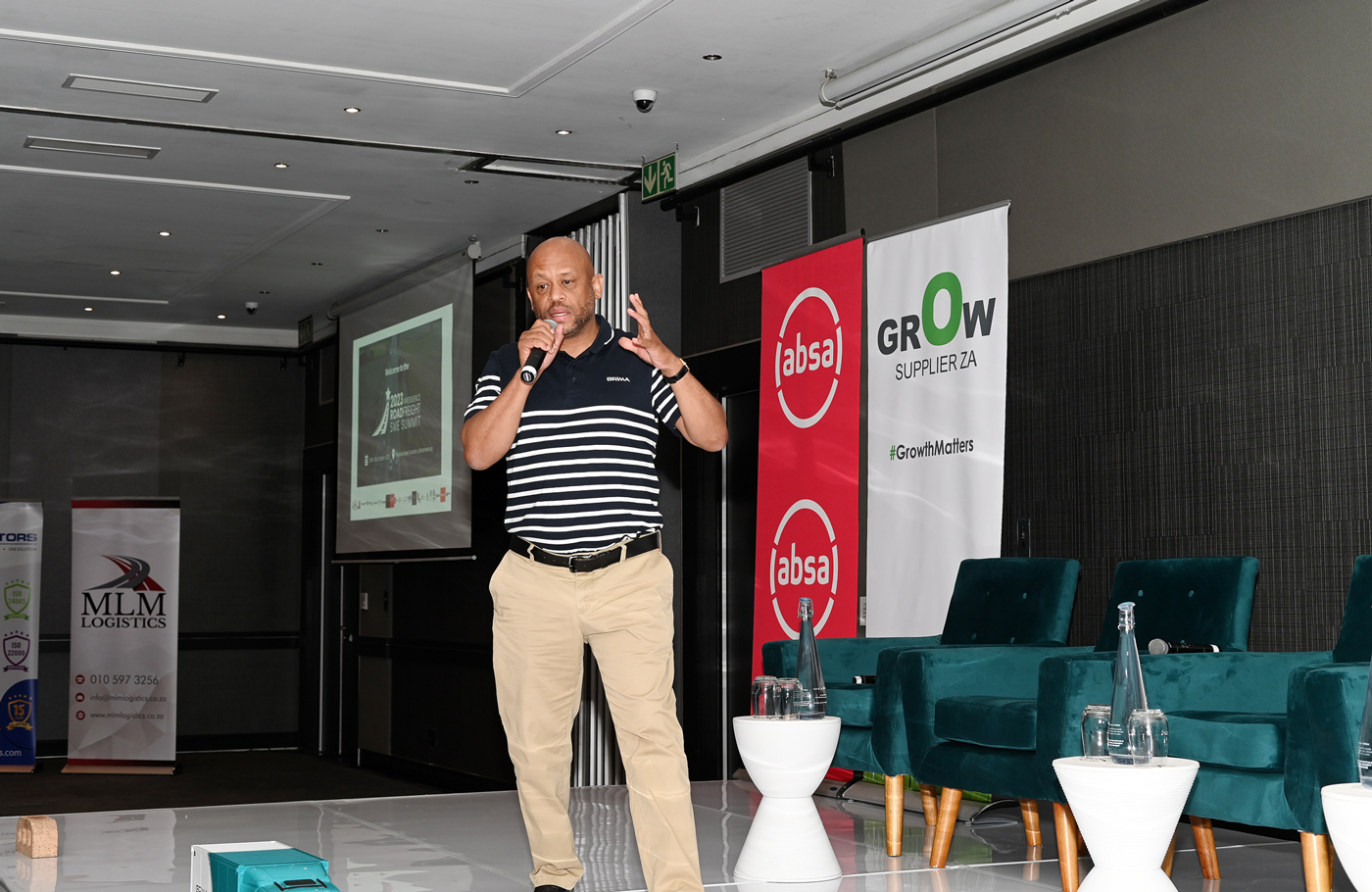
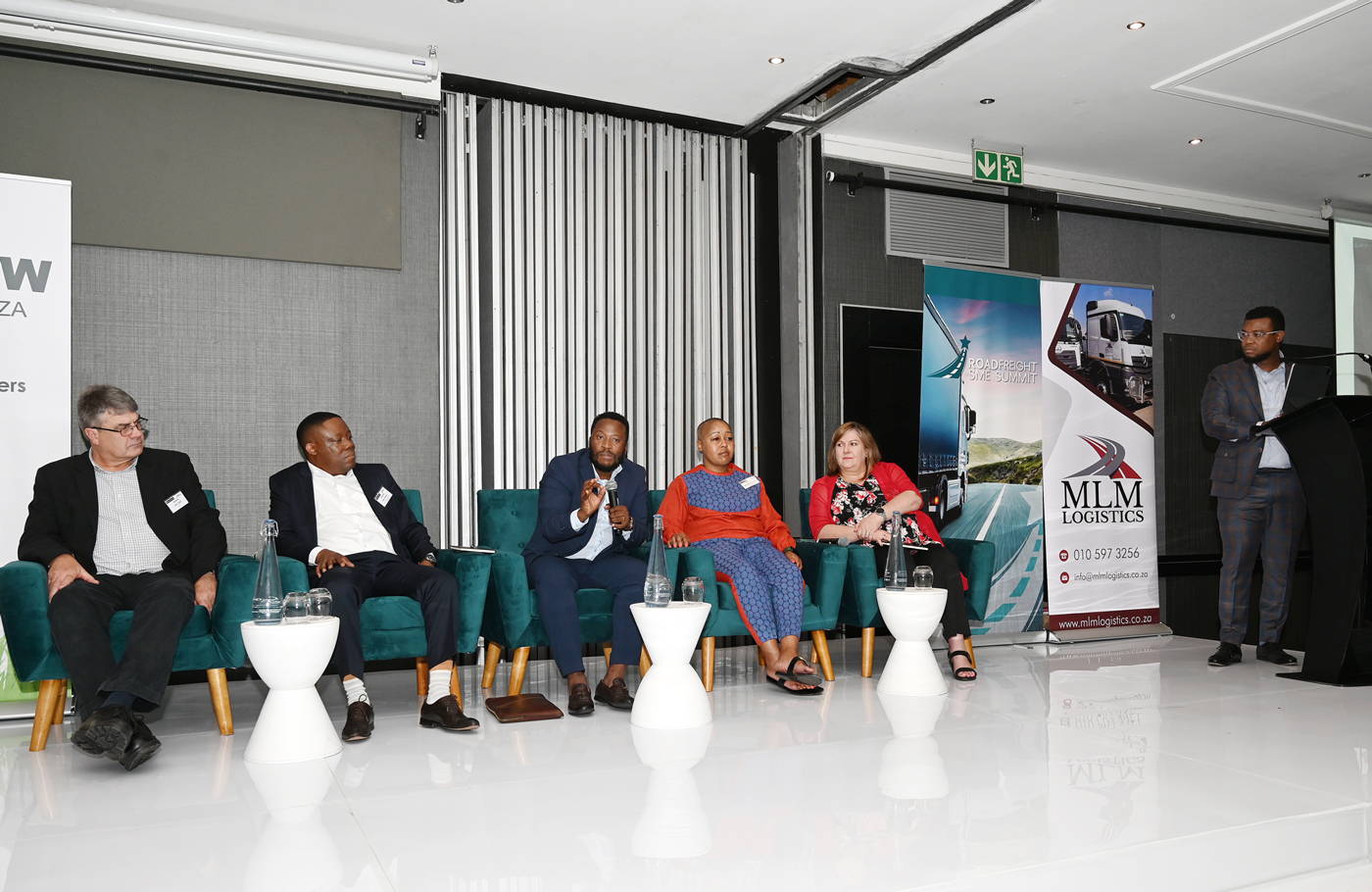
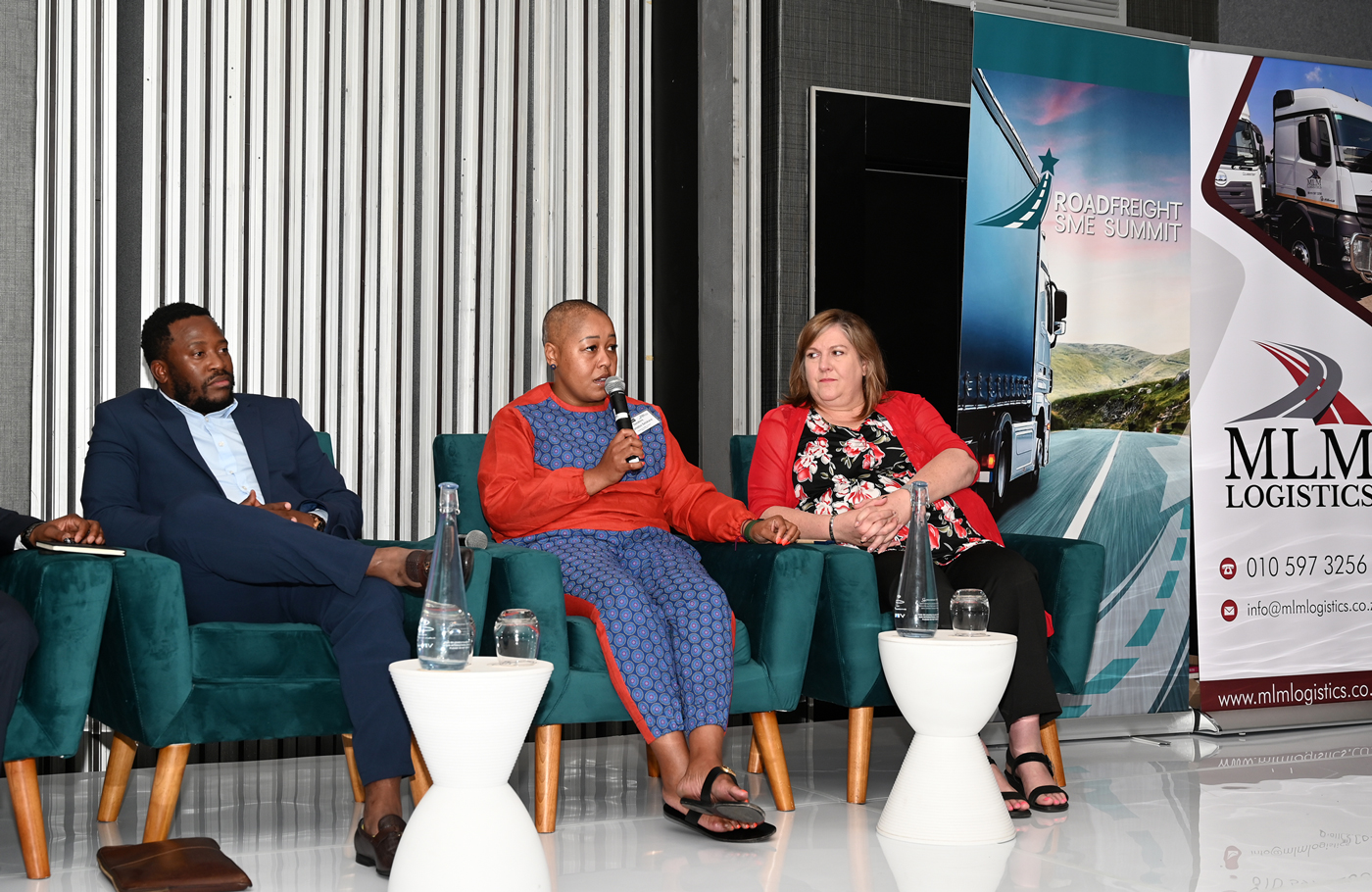
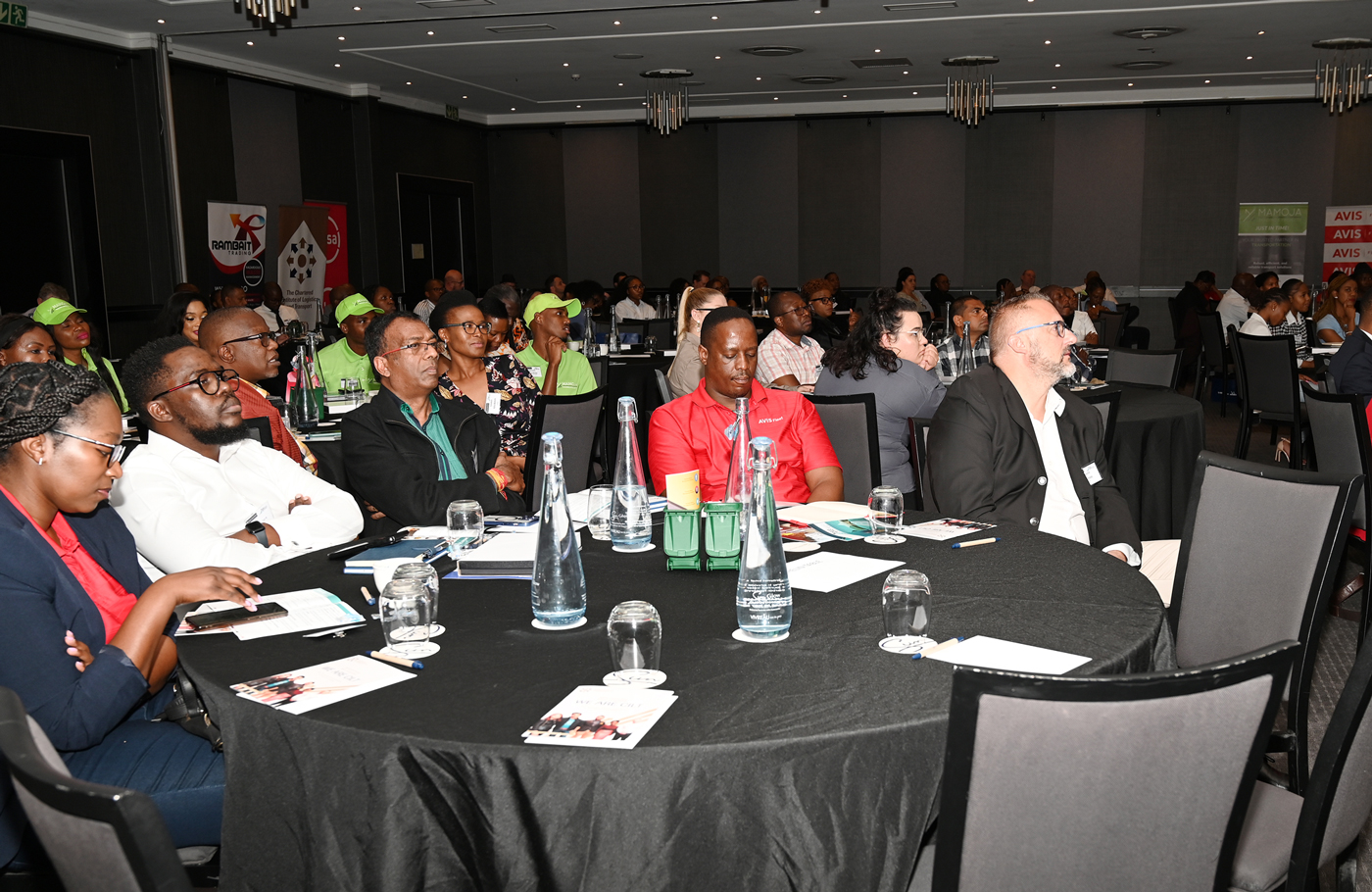
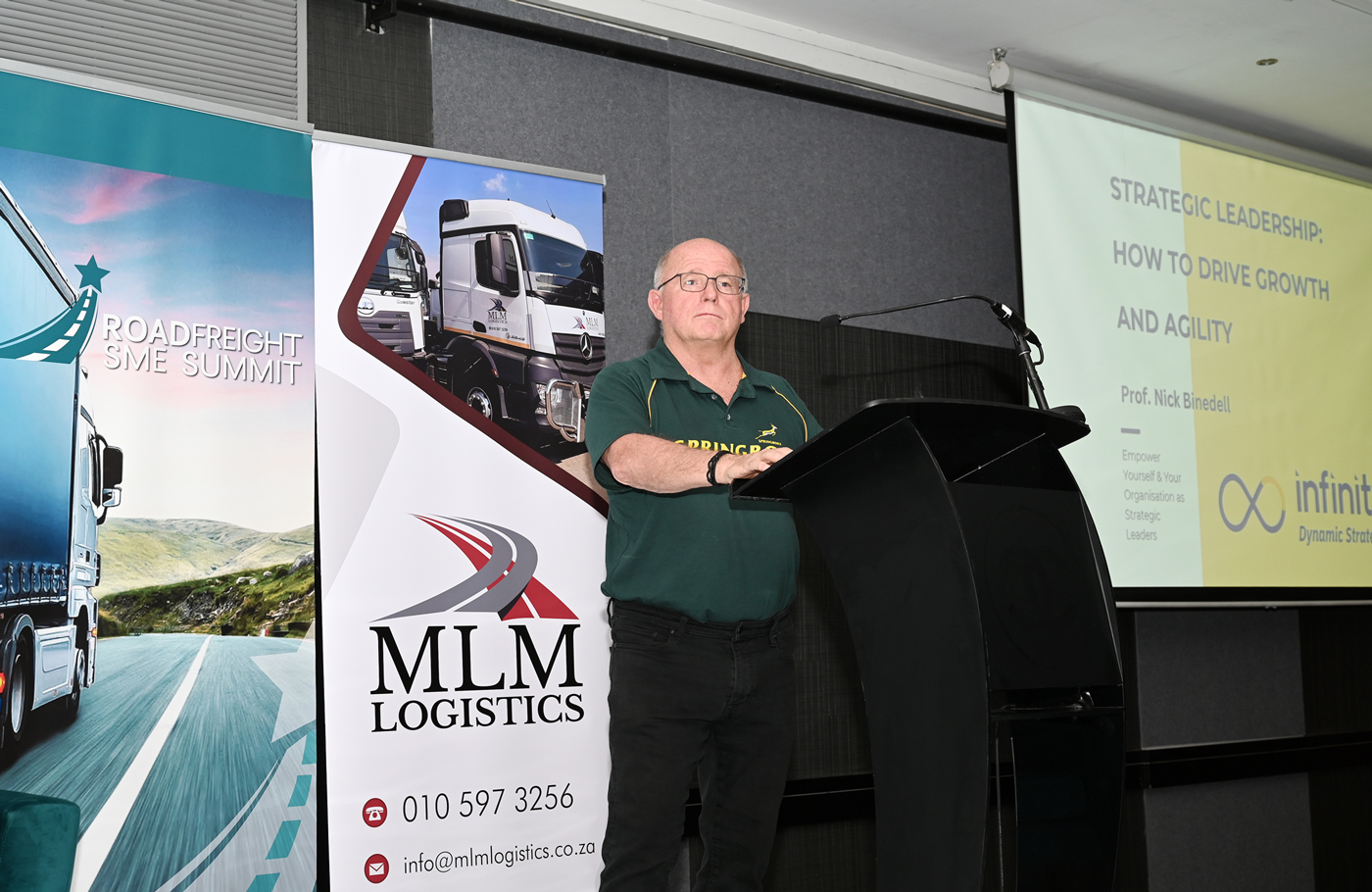
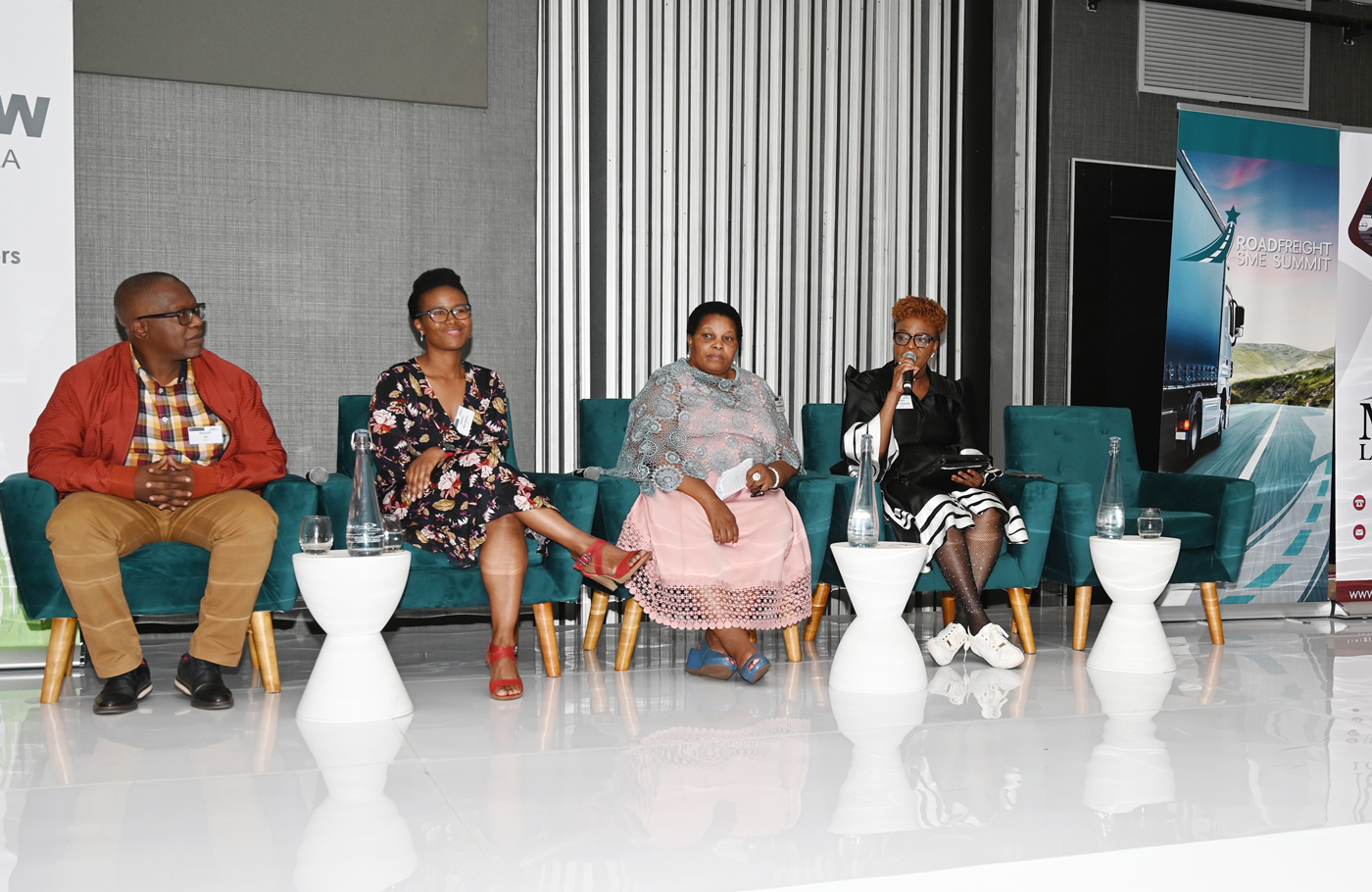
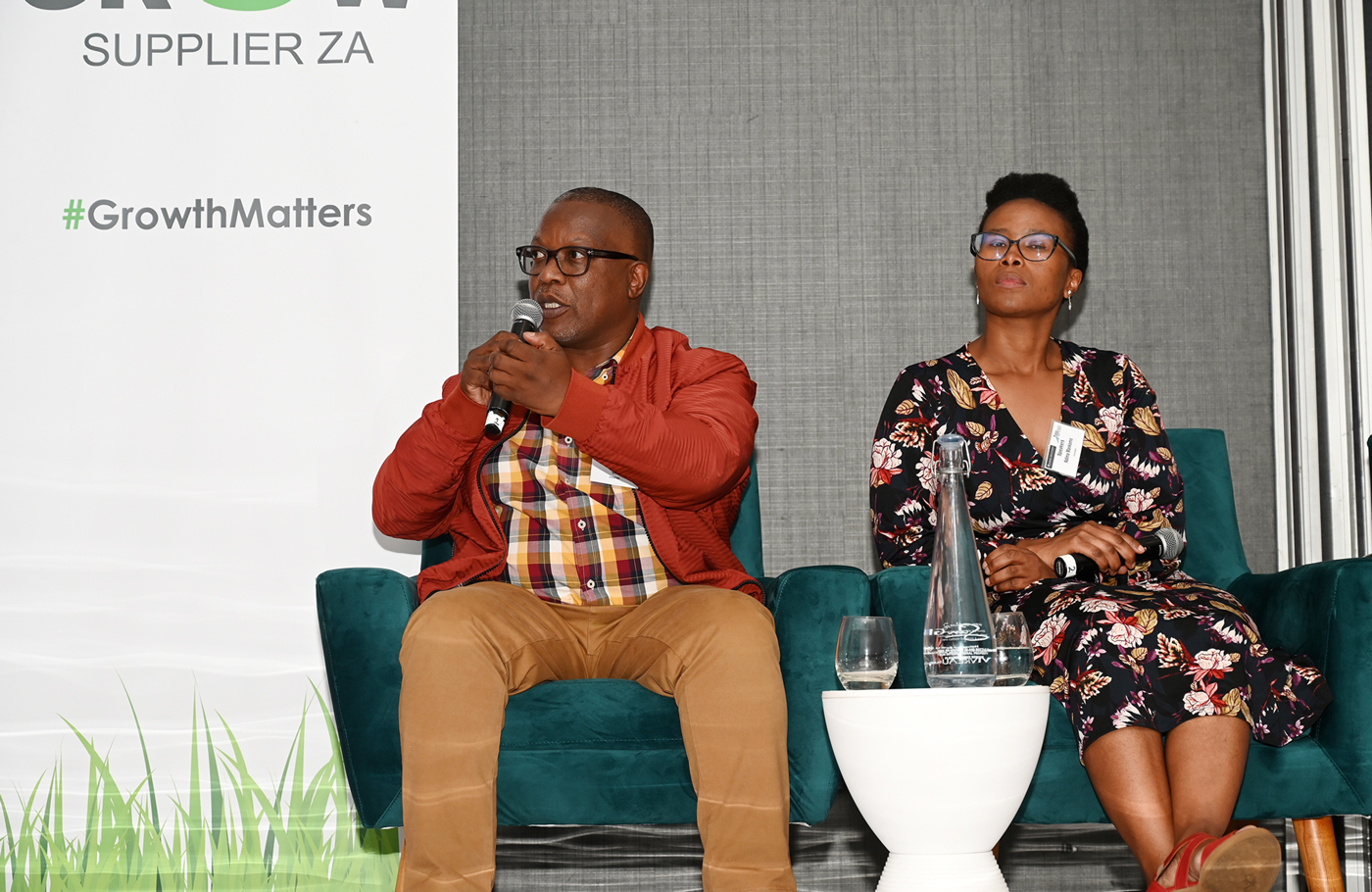
Karen Pretorius, founder of KPI Cubed Supply Chain Consulting and Training, highlighted the importance of education. “Education must be part of everything that you do every day in your business. Make education available, distribute it, don’t send people away. Make it part of what you do every day,” she urged.
Munesh Maharaj, national sales and marketing director at Savino Del Bene, spoke about growing market share and what SMEs can learn from big business in sustaining growth and development. He pointed out that sustainability is important and that, like the San, we should be using the challenges we face to our advantage. “It is crucial that one starts today and that each individual who wants to make a difference must be the difference. One person, one company can make a massive difference. You have to make sure that you are world class – that you are miles above,” he stressed.
Michelin’s B2B sales director Charl Lensley steered the Michelin Connected Fleet team to highlight how its fleet management services and solutions could benefit SMEs in road freight by reducing costs, improving sustainability, increasing security, and boosting safety.
Rirhandzu Mashava, deputy director general: integrated transport planning at the Department of Transport, gave the keynote address, highlighting opportunities created by technology. “The rise of technology and digital platforms has provided SMEs in the road freight sector with enhanced opportunities for growth and success,” she said. “Digital platforms enable them to streamline operations, optimise routes, and offer real-time tracking and customer support. This allows SMEs to compete effectively with larger established companies and provide efficient and reliable services to their clients.”
Professor Nick Binedell, strategy professor at GIBS Business School, highlighted the fact that South Africans are living in extremely turbulent times and that the country is in deep trouble. He raised the importance of focusing correctly, given that we live in a time of revolution where every industry is going through the fastest changes in human history.
“This change is in so many areas of our lives that it’s very hard to focus correctly. You can focus, but you may be focusing incorrectly,” Binedell noted. He spoke further about the fight between memory and vision and how if memory is stronger than vision, nothing will change. He advised participants to ask themselves several key questions, including: “Are we a society that will tolerate ethical, moral, legal, financial, and societal failure?”
Furthermore, Binedell reminded the audience that economic growth is the oxygen of democracy. “SMEs should be asking themselves what problem they will solve in 2024. I would also like to remind you that if you don’t know what the problem is, you will never get the answer,” he pointed out.
The inaugural summit was well supported by industry and support services in the road freight sector, including ABSA, Avis Fleet, Isuzu, JC Auditors, MasterDrive, MLM Logistics, Mamoja Trading and Projects, Rambait Trading, MasterDrive, Zibuse Transport, Michelin Connected Fleet, and the Transport Sector Retirement Fund.
Many industry associations also showed support for the event, including the Association of Chartered Certified Accountants (ACCA), the Chartered Institute of Logistics and Transport: South Africa (CILTSA), Freight Logistics South Africa, the Global Federation of Chambers, The RFA, SAPICS, the African Women in Supply Chain Association (AWSICA), and the SA Express Parcel Association.


Published by
Focus on Transport
focusmagsa




